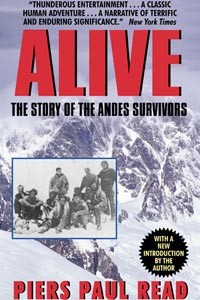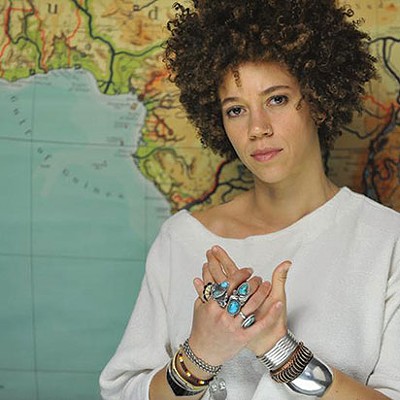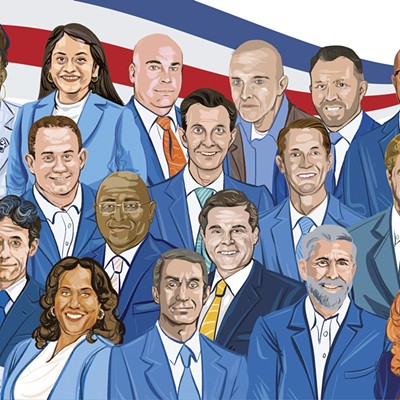Friday, February 22, 2008
Lost: The Oceanic Six and the Fairchild 16
This week's Kate-centric melodrama about a borrowed/stolen/whatever baby and a three-minute murder trial was straight from the daytime soaps. I was hopeful for this season: I dug the flash-forward idea last season teased us with, but I have to concede we're off the rails now. This is some magical deserted island that manages to add more and more people, and these flash-forwards are verging on parody: Hurley's muscle-car chase; Sayed's new Euro-trash assassin role. All we're missing is an alien abduction, and the previews for next week's episode could be hinting at a rescue helicopter-UFO encounter
So, let's take a crazy space-time detour of our own. I've been re-reading the 1970s adventure-in-real-life classic Alive, by Pier Paul Read, about that famous plane crash high in the remote Andes, and I can't help marking some similarities to Lost. What happened in Lost -- survivors of an unrecovered plane crash make a new life -- is an event with no parallels in real life but for this one widely known account.
In 1972, a Fairchild plane carrying 45 passengers, most members of a Uruguayan rugby team, crashed in the Andean wilderness. The outside world gave them up for dead, but the survivors -- who dwindled from about 30 to 16 -- simply made the best of it for 10 weeks. Besides rock and snow, they had nothing but the remnants of their small plane, and thus converted every scrap of it into shelter, clothing and tools. (See photos at the official Web site.)
But unlike on Lost, there were no Dharma Initiative food reserves, no bountiful jungle and no teeming ocean. The Fairchild wreckees survived on melted snow and by eating their deceased fellow passengers, who, as luck would have, remained well preserved in the snow. Understandably, it was this distinction that, upon their eventual rescue, made an interesting news story into an international blockbuster.
But, despite this anthropophagic detail we'll not soon see on primetime TV, a mumber of similarities to Lost emerge in the account of the 10-week ordeal. Having likewise dropped out of the sky, the Fairchild survivors have no exact idea where they are, nor which way civilization may lie. There are frustrating subplots involving a transmitter and arduous treks to find it; snatches of info about ceased searches to find them heard on intermittent radio-news reports; sorties to find an escape; an out-of-nowhere bizarre event that wipes out a number of survivors; and, on the outside, a few dedicated relatives who never give up searching. (Days of searching the wrong part of the Andes results from taking tips over the phone from a Dutch psychic. Lost doesn't have a lock on responding to weird visions.)
And like some of the Oceanic gang, most of those stranded in Andes are in some ways the least equipped for hardcore survival. Many of these young men are used to be taken care of, and overcoming their previously coddled lifestyles proves as challenging as finding sustenance. But the survivors are forced to build a community, assign jobs and acknowledge leaders. Not surprisingly, they endlessly bicker and make up just like our Lost gang. And like the Oceanic Six, upon their return, the Uruguayan survivors were hailed as heroes and became instant celebrities.
Read's exhaustive account of the crash, and subsequent survival and search efforts -- based on immediate accounts from the involved parties -- feels a bit dated in its style. But its matter-of-fact, if occasionally plodding, tone lets the reader conjure the horror, panic, tragedy and eventual exhilaration without resorting to sensationalism.
Alive is a fascinating read on its own, but these days, it may also be useful as a real-life mirror to Lost's increasing silliness.













